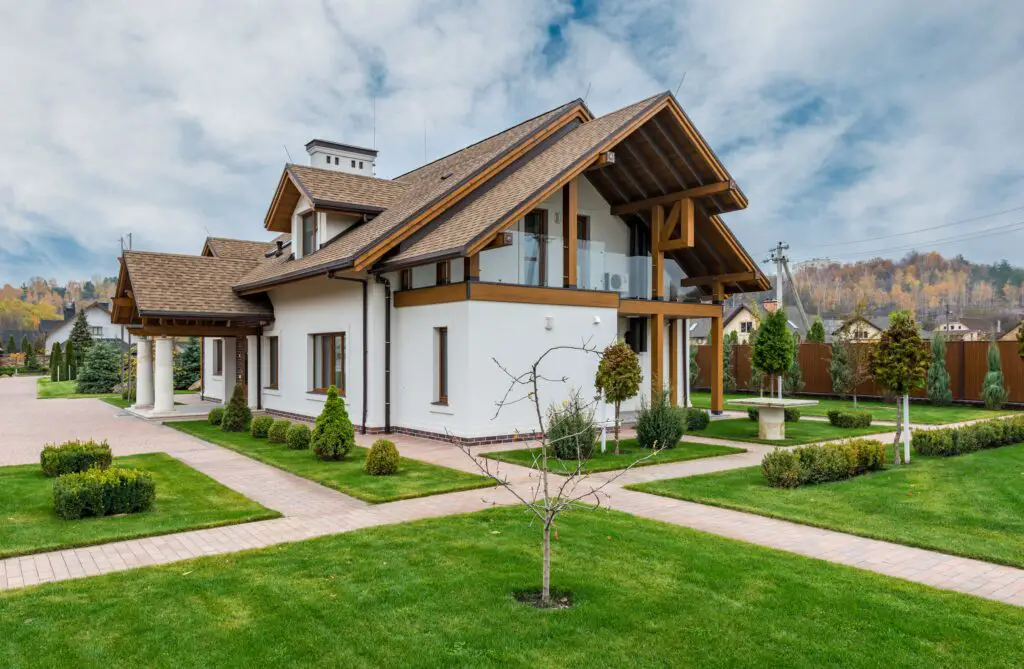
The Guaranteed Crucial Role of Structural Engineers in Building Construction: A Comprehensive Guide for the Philippines
Building construction is a complex and multifaceted process that requires careful planning, precise execution, and thorough consideration of safety standards.
In the Philippines, where the country is prone to various natural disasters such as earthquakes, typhoons, and floods, the importance of consulting a structural engineer cannot be overstated.
This article delves into the critical reasons why hiring a structural engineer is indispensable for ensuring the safety, durability, and compliance of buildings in the Philippines.
- Geographical Vulnerability:
The Philippines lies in the Pacific Ring of Fire, making it highly susceptible to earthquakes and volcanic activity. Additionally, the archipelagic nature of the country exposes it to frequent typhoons and heavy rainfall.
A structural engineer possesses the expertise to design buildings that can withstand these natural forces, ensuring the safety of occupants and minimizing the risk of structural failure.
- Building Code Compliance:
The National Building Code of the Philippines (NBCP) sets forth the standards for construction to guarantee the structural integrity and safety of buildings.
A structural engineer is well-versed in these codes and regulations, ensuring that the construction adheres to the specified guidelines. Failure to comply with these codes not only jeopardizes the safety of the building but may also lead to legal consequences.
- Site-specific Design:
Each construction site possesses unique geological and topographical characteristics. A structural engineer conducts site-specific studies to understand soil conditions, potential geological hazards, and other site-specific factors.
This knowledge is essential for designing foundations and structures that can withstand the site’s specific challenges.
- Risk Mitigation:
Structural engineers play a crucial role in identifying and mitigating potential risks associated with the construction process.
Through thorough analysis and calculations, they can foresee potential weak points in a structure and implement measures to reinforce them, preventing structural failures that may have catastrophic consequences.
- Material Selection and Quality Assurance:
Structural engineers are well-versed in the properties of construction materials and can recommend appropriate materials for different elements of a building.
Their involvement ensures that the selected materials meet quality standards, contributing to the overall durability and longevity of the structure.
- Innovative Engineering Solutions:
The field of structural engineering is dynamic, with continuous advancements in design and construction techniques. A structural engineer stays abreast of these innovations, incorporating the latest technology and methodologies into their designs.
This not only enhances the structural performance but also contributes to energy efficiency and sustainability.
- Project Coordination:
Structural engineers collaborate closely with architects, contractors, and other professionals involved in the construction process. Their expertise helps streamline communication, ensuring that the architectural vision is translated into a structurally sound reality.
This collaborative approach is crucial for avoiding conflicts and delays during the construction phase.
- Construction Budget Optimization:
While consulting a structural engineer may incur an additional cost, their involvement can lead to long-term savings. By preventing structural failures and the need for costly repairs, a structural engineer contributes to the overall optimization of the construction budget.
Conclusion:
In the construction of buildings in the Philippines, the role of a structural engineer cannot be overemphasized. From ensuring compliance with building codes to mitigating risks associated with natural disasters, their expertise is essential for creating safe, resilient, and enduring structures.
Building owners, developers, and stakeholders must recognize the value of consulting a structural engineer to ensure the long-term safety and success of their construction projects in the Philippines.
To see other material construction prices, please see here.
To know other construction guides, tips, and methodology for beginners, veterans, and contractors, please see here.
